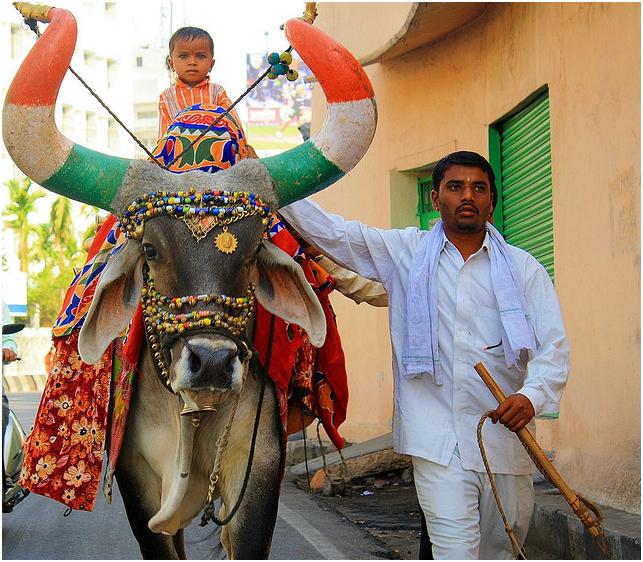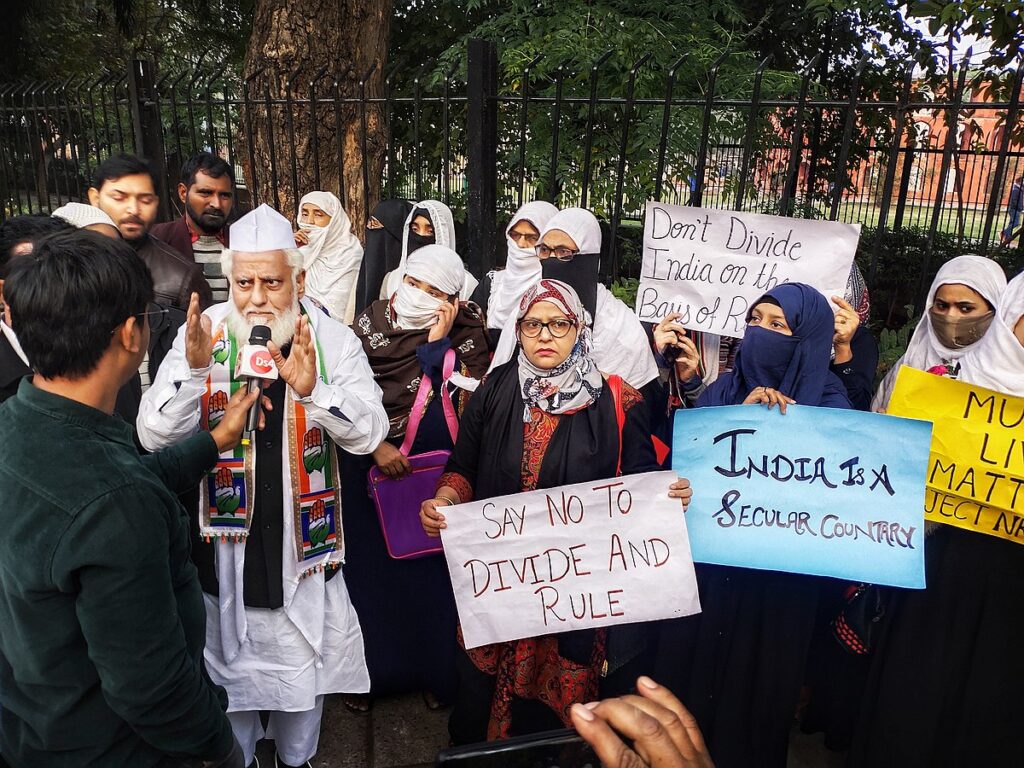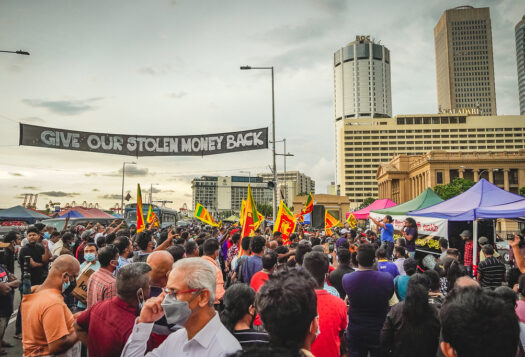
As the world continues to grapple with the issues of religious freedom and human rights violations, the release of U.S. Commission on International Religious Freedom Annual Report, 2023 casts a revealing spotlight on India’s violations of religious freedom and human rights within its borders. A nation known for its vibrant culture and religious tapestry, India currently stands at a crossroads, where its commitment to uphold inclusivity and diversity is being scrutinized. The recent U.S. Commission on International Religious Freedom Annual Report, 2023, sheds light on a wide range of concerns, revealing violations and atrocities that hinder the full realization of religious freedom for all its citizens. Recent instances of communal violence, conversion laws, discrimination, and persecution undermine India’s democratic stature as it rises on the global stage.
Within the pages of the 2023 Annual Report, a mosaic of concerns emerges, painting a sobering picture of religious freedom in India. One of the key issues highlighted in this report is the widespread communal violence that has resulted in tragic loss of lives and massive destruction. These conflicts, often fueled by religious tensions, tear away at the very fabric of Indian social structure, erode trust, and deepen societal divisions. Anti-conversion laws in different Indian states highlight the potential misuse of legislation, targeting of minorities, and curtailing religious freedoms in the country. This reports calls for a moment of reflection on the impacts that structural violence has on the harmonious coexistence of religious communities and the vibrant spirit of pluralism in India.
Recent instances of communal violence, conversion laws, discrimination, and persecution undermine India’s democratic stature as it rises on the global stage.
Cow Vigilantism in India
An important aspect that this report highlights is the rise of cow vigilante acts in the name of cow protection which has disproportionately affected minorities, especially Muslims and Dalits. Figures show that cow vigilante acts resulted in more than 50 fatalities from 2016-2020. The numbers have increased multifold these recent years. A Human Rights Watch Report highlights that 280 people were injured in more than 100 attacks over these years. These instances of mob-lynching, harassment, and intimidation are undermining the very foundation of Indian society. It is imperative for the Indian government to address these grave concerns to protect social cohesion and peaceful coexistence.
Another important aspect that this report highlights is the discrimination and persecution of religious minorities, including Christians, Muslims, and Sikhs. Instances of harassment, social exclusion, and targeted violence have been reported, creating an atmosphere of vulnerability and insecurity among these communities. Human Rights Watch’s report on human rights in India in 2021 stated that “Hindu mobs beat up Muslims, often working class men, with impunity while pro-BJP supporters filed baseless complaints against critics, especially religious minorities.”
The Controversial Citizenship Amendment Act
The report also details that religious minorities, especially Muslims, are under a constant legislative threat. The implementation of Citizenship Amendment Act in India has further ignited debates surrounding religious freedom and pluralism in India. The CAA that fast-tracks citizenship for non-Muslims coming to India from Afghanistan, Pakistan, and Bangladesh threatens to marginalize and disenfranchise Muslims within India as well. This legislation, coupled with the National Register for Citizen (NRC), has raised apprehensions of exclusion of Muslims from social, political, and economic spheres. These legislations undermine the principles of peaceful existence, equality, and freedom enshrined in both the Constitution of India and international human rights standards.
The Partisan Role of Police and Local Administration
The U.S. Commission on International Religious Freedom Annual Report 2023 brings into the limelight the deeply concerning issue of the partisan role of police and local administration in victimizing Muslims and minorities in India. The report highlights instances where law enforcement agencies have been accused of bias and inaction, failing to provide adequate protection to the vulnerable. This allows perpetrators to function with impunity. The report stresses that the government needs to address this form of structural violence and address this culture of impunity effectively.

Recommendations
The report also provides a few recommendations that are necessary to deter the rise of religious fundamentalism in India. The report suggests that the United States should designate India as a Country of Particular Concern (CPC) for engaging in systematic violence and egregious violations of religious freedom, as defined in the International Religious Freedom Act (IRFA). This designation will highlight the gravity of the situation on-ground and call for immediate action by the Indian government and international community.
The report also recommends actions to advance human rights for all religious communities within India and to promote freedom, equality, and justice as enshrined in the secular Constitution of India. According to the report, hosting inter-faith dialogues, and other bilateral and multi-lateral engagements, can help strengthen the protection of human rights.
The report also recommends supporting organizations that advocate for religious freedoms and human rights. It calls for a strong condemnation of systematic and structural violence against a particular group and highlights sanctions on Indian agencies, groups, and individuals that are responsible for the gross violations of human rights and religious freedom. It suggests freezing assets and barring entry into the United States. Targeted sanction regimes imposed by the United States would send a strong message that religious freedom violations will not be tolerated, in line with the U.S. Congress urging that the Indian government take corrective measures on democratic decline.
Indian Response to the Report
The Indian government has blatantly rejected the report, calling it a “misinterpretation of facts.” Indian officials have criticized the methodology employed by the U.S. Commission on International Religious Freedom (USCIRF) and accused the commission of interfering in India’s internal issues. The Indian government has instead urged the commission to develop a greater understanding of India’s socio-political culture and democratic ethos. According to Indian authorities, the report purposely focuses on negative incidents, failing to understand the broader context of religious plurality and peaceful coexistence prevalent in the country.
India criticized the authenticity and methodology of the report, claiming interference in India’s domestic affairs and a disproportionate focus on negative incidents.
The Indian government also contends that religious freedom is a multifaceted issue that cannot be evaluated merely through the lens of an external organization, particularly for a diverse and complex nation like India. They emphasize that India’s constitution explicitly guarantees religious freedom to all its citizens. Instances of communal violence, highlighted in the report, are viewed as internal matters that can be adequately addressed through India’s robust legal system. Thus, India criticized the authenticity and methodology of the report, claiming interference in India’s domestic affairs and a disproportionate focus on negative incidents.
Conclusion
Conclusively, the U.S. Commission on International Religious Freedom Annual Report, 2023 highlights the deteriorating situation of human rights and religious freedom in India. This report sheds light on ongoing violence against minorities and calls for urgent actions to address the violations and protect the vital human rights and dignity of these minorities, regardless of their religion or any other identity. To achieve this goal, the report recommends targeted sanctions against the perpetrators and designating India as a Country of Particular Concern (CPC). Furthermore, by leveraging diplomatic and legislative tools, the report suggests that the United States can exert pressure on India to take concrete steps to protect human rights and ensure justice. Thus, this report serves as a catalyst for critical analysis and dialogue, urging all stakeholders to examine the complexities surrounding the issue. For India, it is important to engage in constructive negotiations and to relook its policies to protect the vibrancy and diversity of the world’s largest democracy.
Also Read: The Geopolitics of India’s Refugee Policy
***
Image 1: Bull Decorated in Hyderabad via Wikimedia Commons
Image 2: CAA Protest via Wikimedia Commons


